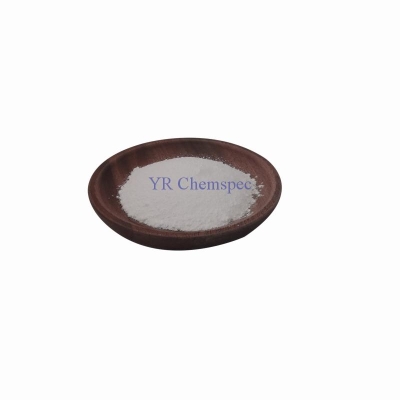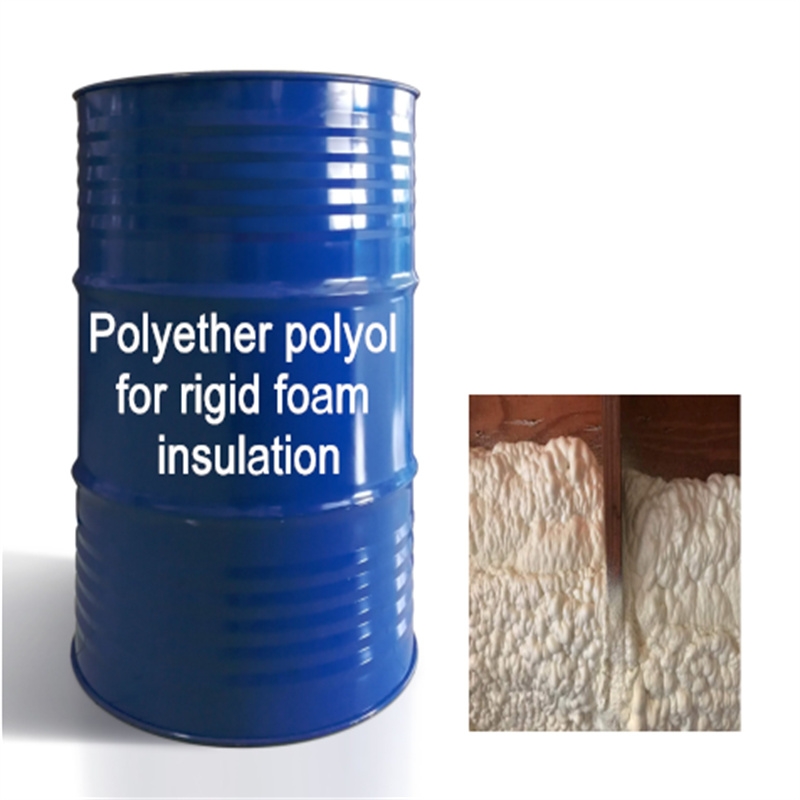-
Categories
-
Pharmaceutical Intermediates
-
Active Pharmaceutical Ingredients
-
Food Additives
- Industrial Coatings
- Agrochemicals
- Dyes and Pigments
- Surfactant
- Flavors and Fragrances
- Chemical Reagents
- Catalyst and Auxiliary
- Natural Products
- Inorganic Chemistry
-
Organic Chemistry
-
Biochemical Engineering
- Analytical Chemistry
- Cosmetic Ingredient
-
Pharmaceutical Intermediates
Promotion
ECHEMI Mall
Wholesale
Weekly Price
Exhibition
News
-
Trade Service
Article 49 of the "Food Safety Law of the People's Republic of China" stipulates: prohibits the use of highly toxic and highly toxic pesticides on vegetables, fruits, tea and Chinese herbal medicines and other crops stipulated by the state; Article 123 stipulates: illegal Those who use highly toxic or highly toxic pesticides may be detained by public security organs in accordance with regulations, in addition to being punished in accordance with relevant laws and regulations
.
1.
As of May 2013, the use of pesticides (23 types) was completely banned.
The Ministry of Agriculture Announcement No.
199, March 2005, completely banned the use of BHC , DDT , toxaphene , dibromochloropropane , methamidine , and dibromide ethane (EDB), nitrofen , aldrin, dieldrin, mercury compounds, arsenic-based, lead-based, double enemy dry, fluoroacetamide , Gan-fluoro-tetramine, sodium fluoroacetate , rodenticide silicon
.
In May 2013, the Ministry of Agriculture Announcement No.
274 banned the use of five highly toxic pesticides : methamidophos , methyl parathion, parathion , monocrotophos and phosphoramine
.
2.
As of May 2013, the restricted use of pesticides (18 species).
The Ministry of Agriculture Announcement No.
194 in April 2002 prohibits the use of omethoate on cabbage and the use of terbuthion on sugar cane
.
In March 2005, the Ministry of Agriculture Announcement No.
199 banned the use of pesticides on vegetables, fruit trees, tea, and Chinese herbal medicines are phorate, isofenphos methyl, terbuthion, methyl thiocyclophos, spironophos, Systemic phosphorus, carbofuran, aldicarb, methophos, thiocyclophos, coumaphos, methoxaphos, chlorazophos, fenamiphos
.
Announcement No.
199 of the Ministry of Agriculture stipulates that dicofol and fenvalerate are prohibited from being used on tea plants
.
Announcement No.
274 of the Ministry of Agriculture stipulates that daminozide is prohibited from being used on peanuts
.
3.
In December 2013, the Ministry of Agriculture Announcement No.
2032 decided to take further ban and restriction management measures for pesticides to withdraw chlorsulfuron (including the original drug, single agent and compound formulation, the same below) from December 31, 2013 The pesticide registration certificate will prohibit the sale and use of chlorsulfuron in the country from December 31, 2015
.
The registration certificate of triamsulfuron single-agent products will be revoked from December 31, 2013, and the domestic sales and use of triamsulfuron single-agent products will be banned from December 31, 2015; it will be revoked from July 1, 2015 The product registration certificate for methamsulfuron technical and compound preparations has been banned from the domestic sales and use of methamsulfuron compound preparation products from July 1, 2017
.
The registration certificate of metsulfuron-methyl single-dose products will be revoked from December 31, 2013, and the domestic sales and use of metsulfuron-methyl single-dose products will be prohibited from December 31, 2015; methylsulfuron will be revoked from July 1, 2015 The registration certificate for the product of the original drug and compound preparations of Longlong, starting from July 1, 2017, the sales and use of metsulfuron-methyl compound preparation products in the country are prohibited
.
Since December 9, 2013, stop accepting the pesticide registration applications for thiram and thiram, and stop approving the new pesticide registration certificates for thiram and thiram; and withdraw from December 31, 2013.
Arsine's pesticide registration certificate has banned the sale and use of formarsine and formarsine in China since December 31, 2015
.
Stop accepting applications for the registration of poisonous servants and triazophos on vegetables from December 9, 2013, and stop approving the new registration of poisonous servants and triazophos on vegetables; withdrawn from December 31, 2014 The registration of poisonous maidservants and triazophos on vegetables will be prohibited from the use of poisonous maidservants and triazophos on vegetables from December 31, 2016
.
4.
As of the end of 2016, the national list of prohibited and restricted pesticides
(1) List of pesticides prohibited from production, sale and use
.
BHC, DDT, Toxaphene, Dibromochloropropane, Methoxamidine, Dibromoethane, Herbicide, Aldrin, Dieldrin, Mercury, Arsenic, Lead, Diquat, Ethyl fluoride Amide, glycerol, tetramine, sodium fluoroacetate, tetramine, methamidophos, methyl parathion, parathion, monocrotophos, phosphoramine, fenamiphos, methoxin, methyl sulfide Cyclophosphate, calcium phosphide, magnesium phosphide, zinc phosphide, thiomethionate, coumaphos, pyraphos, terbuthion,
Paraquat water (sold and used domestically since July 1, 2016)
.
Triamsulfuron-methyl compound preparations and metsulfuron-methyl compound preparations (sold and used domestically are prohibited from July 1, 2017)
.
(2) The 19 pesticides restricted to be used are shown in Table 2-1
.
Table 2-1 19 restricted pesticides
5.
In 2017, the State Solicited Opinions on Management Measures for the Prohibition and Restriction of 5 Pesticides including Endosulfan On May 12, 2017, the Ministry of Agriculture issued the "Letter of Soliciting Opinions on Management Measures for the Prohibition and Restriction of 5 Pesticides including Endosulfan" , Soliciting opinions on the adoption of a series of prohibition and restriction management measures for five pesticides: endosulfan, methyl bromide, acephate, carbofuran, and dimethoate
In accordance with the relevant provisions of the Food Safety Law of the People’s Republic of China, the Pesticide Management Regulations and the requirements of the Stockholm Convention on Persistent Organic Pollutants and the Montreal Protocol on Substances that Deplete the Ozone Layer (Copenhagen Amendment), the Ministry of Agriculture intends to reduce sulfur Five pesticides such as Dan, methyl bromide, acephate, carbofuran, and dimethoate are taken as follows
.
Management measures
(1) From July 1, 2018, the pesticide registration certificate of all endosulfan products will be revoked; from March 27, 2019, all endosulfan products will be prohibited from being used in agriculture
(2) From July 1, 2018, the pesticide registration certificate of methyl bromide products will be revoked; from January 1, 2019, the use of methyl bromide products in agriculture is prohibited
(3) Since July 1, 2017, the pesticide registration of acephate, carbofuran and dimethoate (including single dose and compound formulations, the same below) for vegetables, fruits, and tea crops will be cancelled No longer accepts and approves pesticide registration applications for acephate, carbofuran, and dimethoate used in vegetables, fruits, tea, fungi and Chinese herbal medicine crops; from July 1, 2019, it is banned Acephate, carbofuran, dimethoate are used in vegetables, fruits, tea, fungi and Chinese herbal medicine crops







